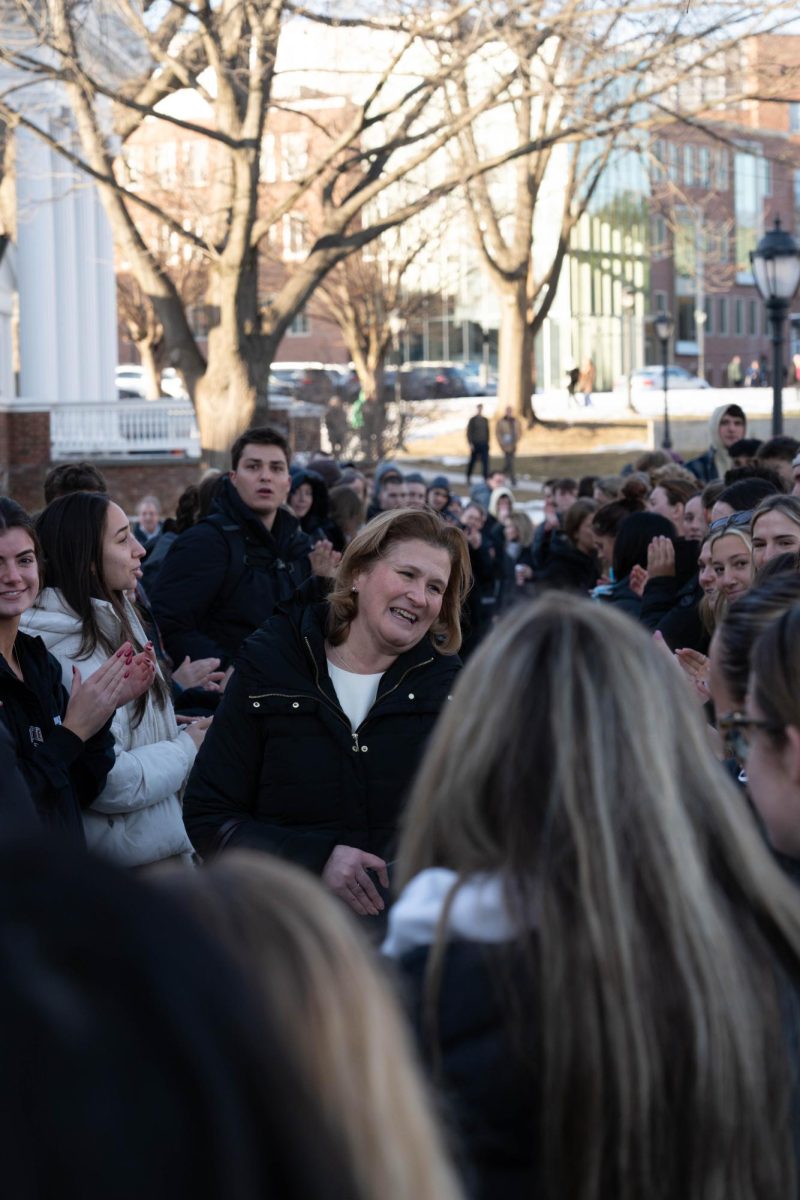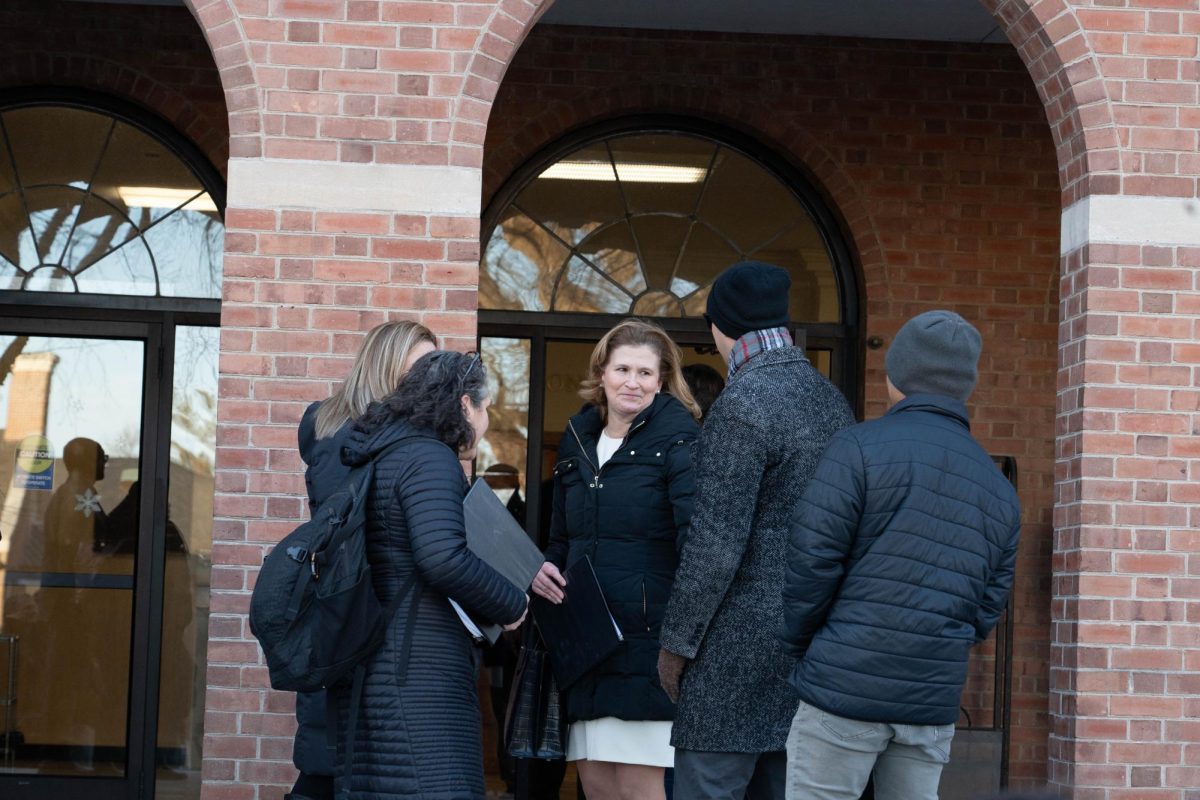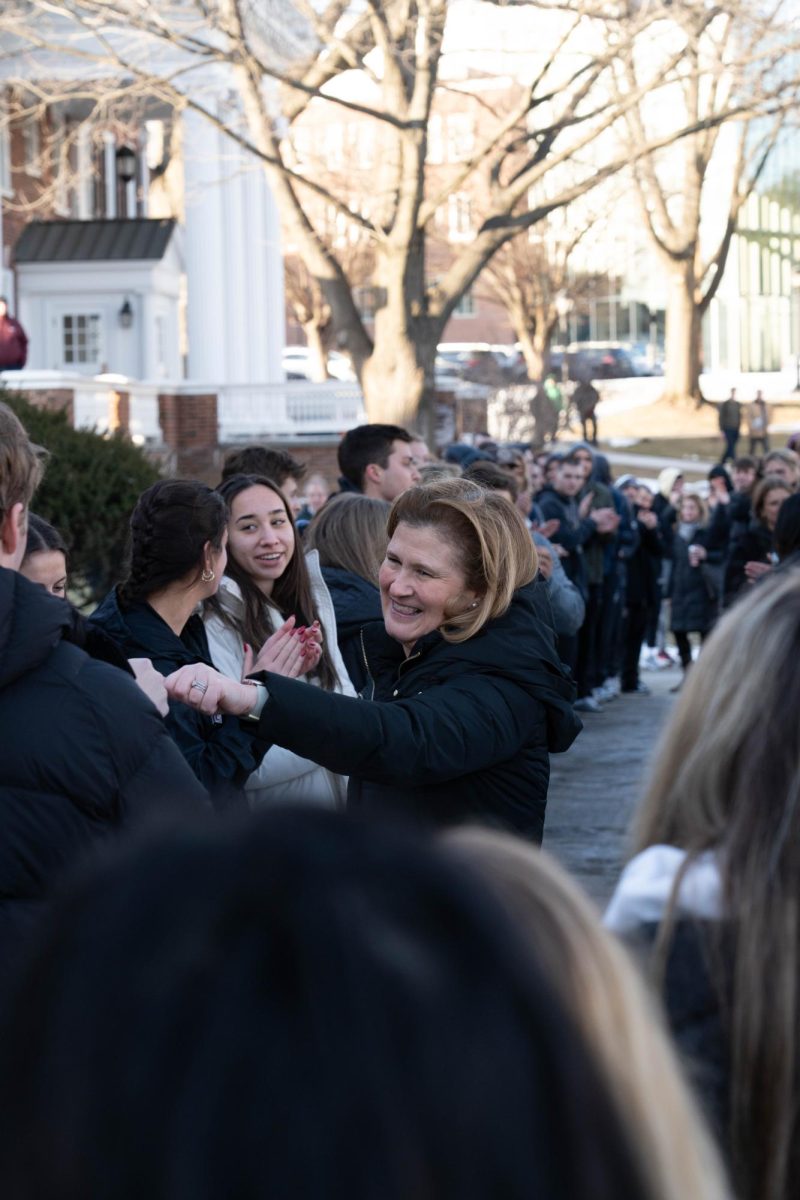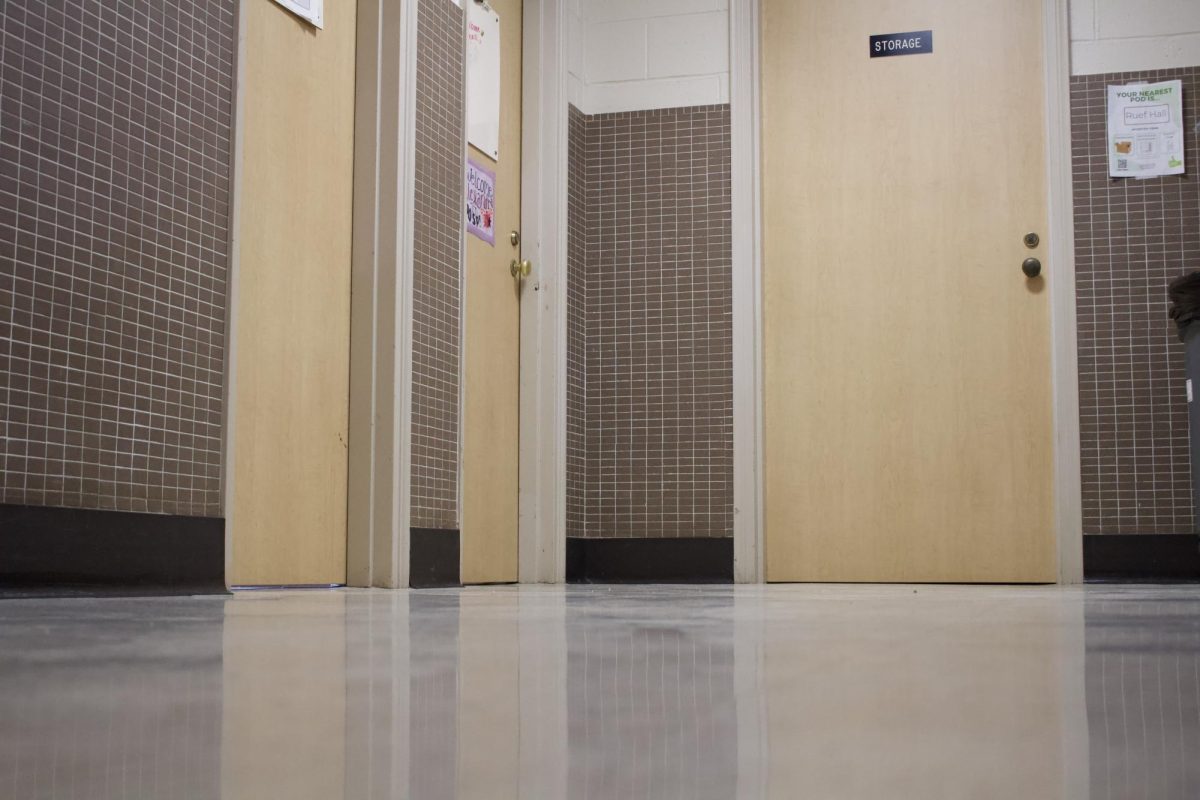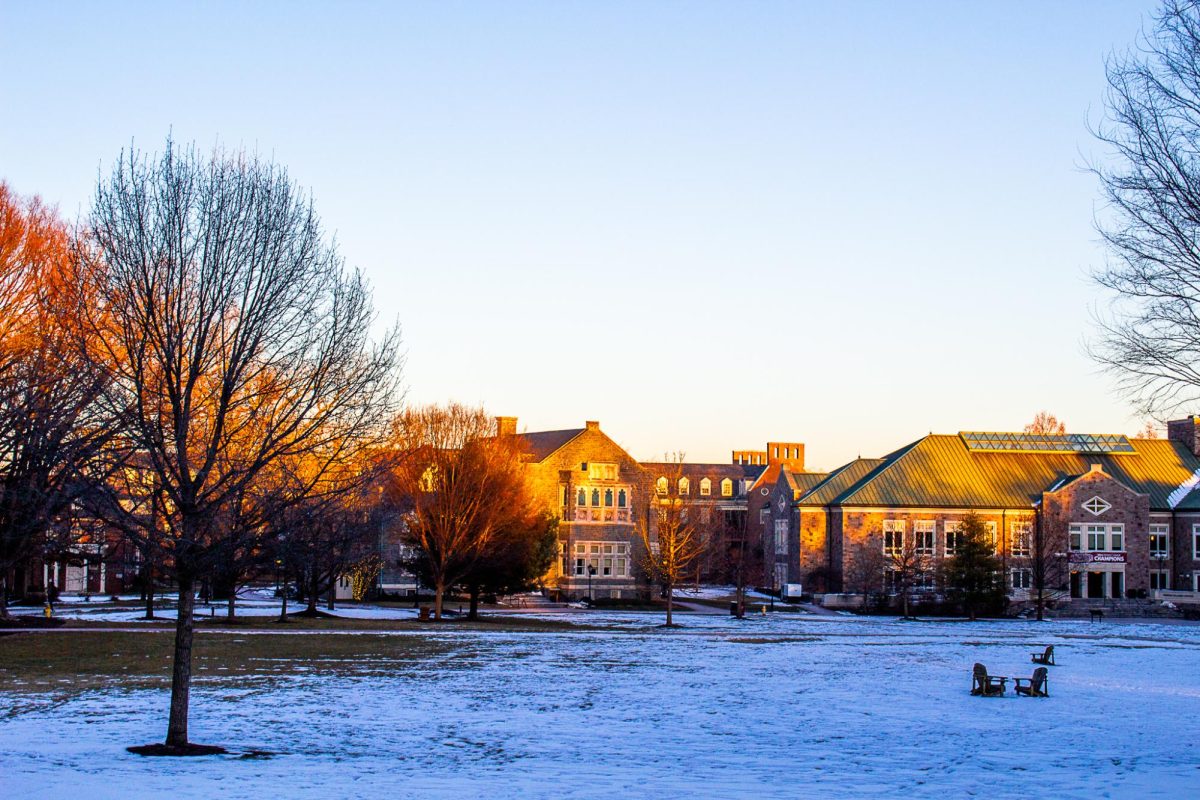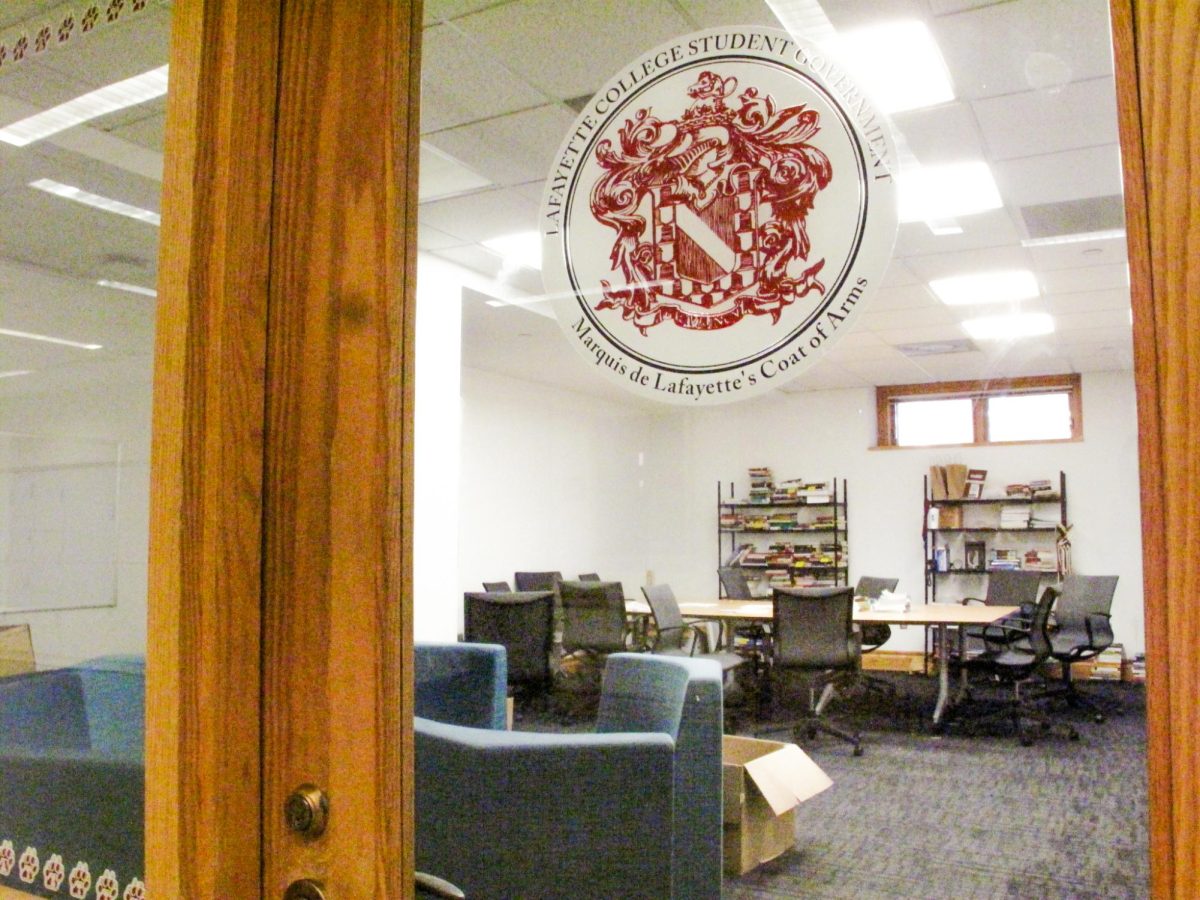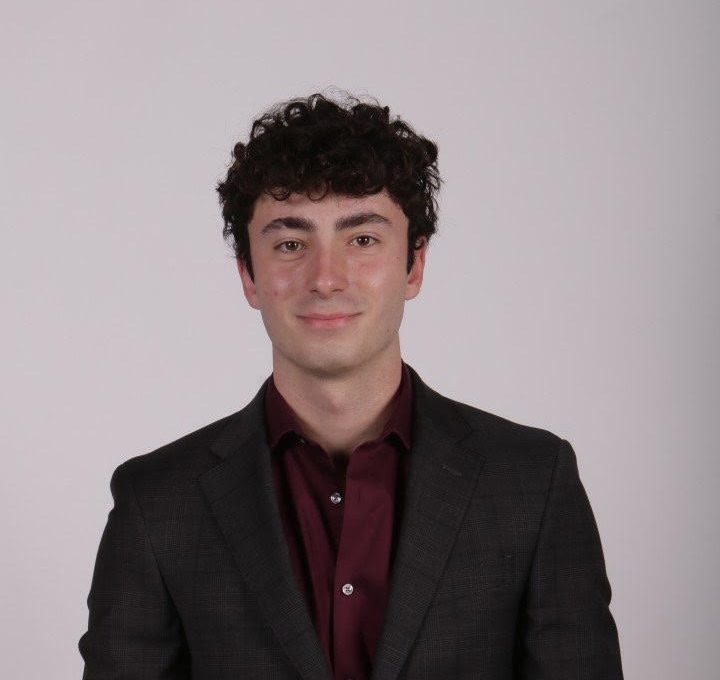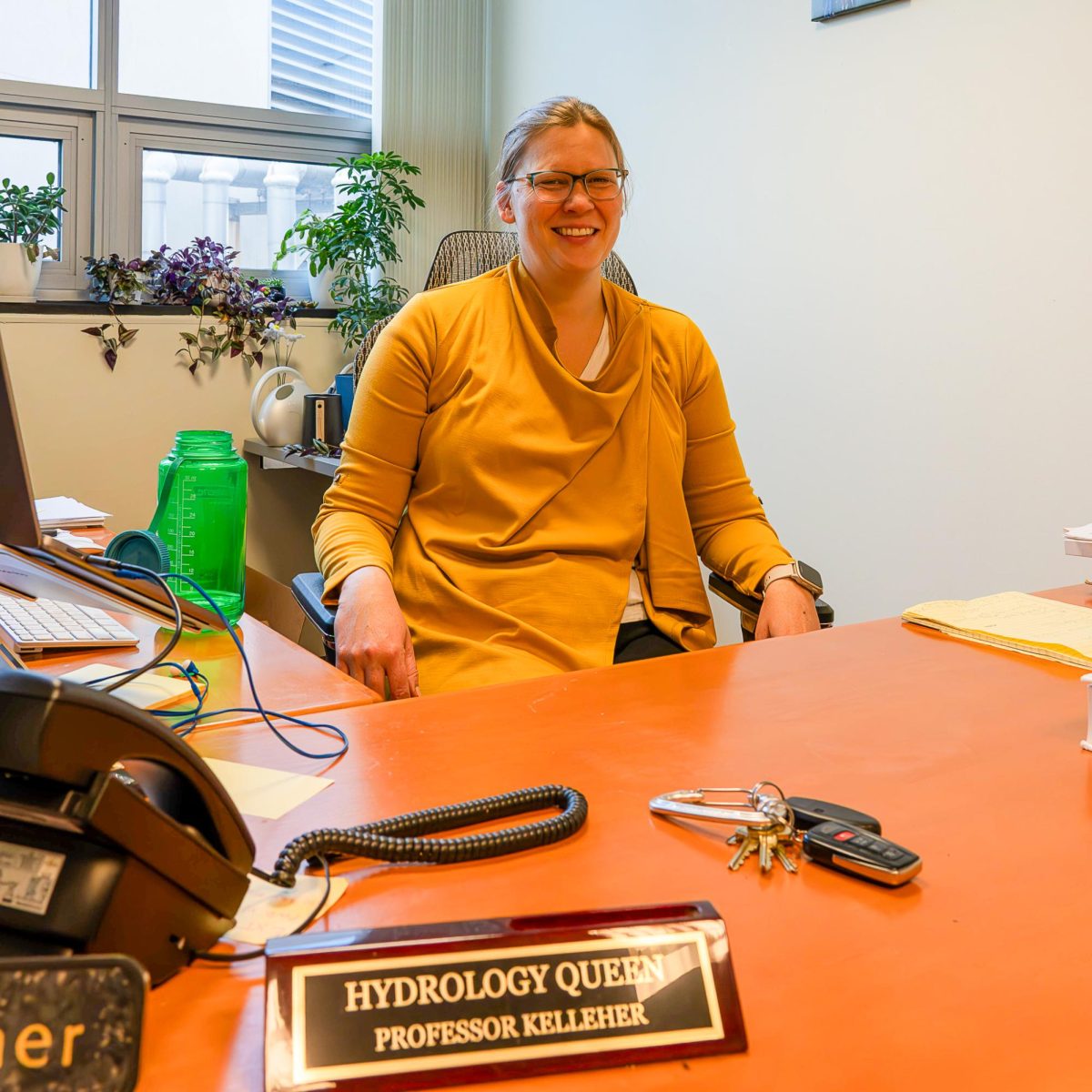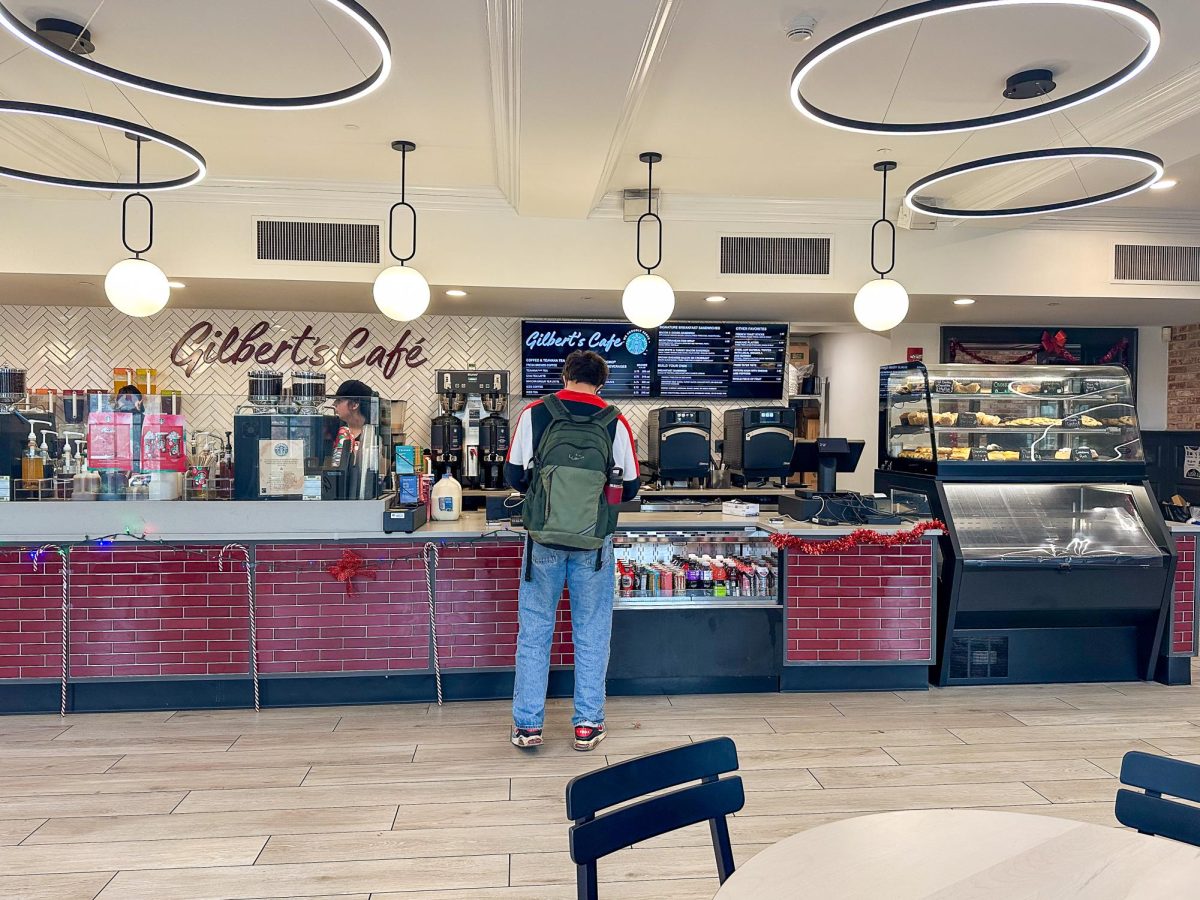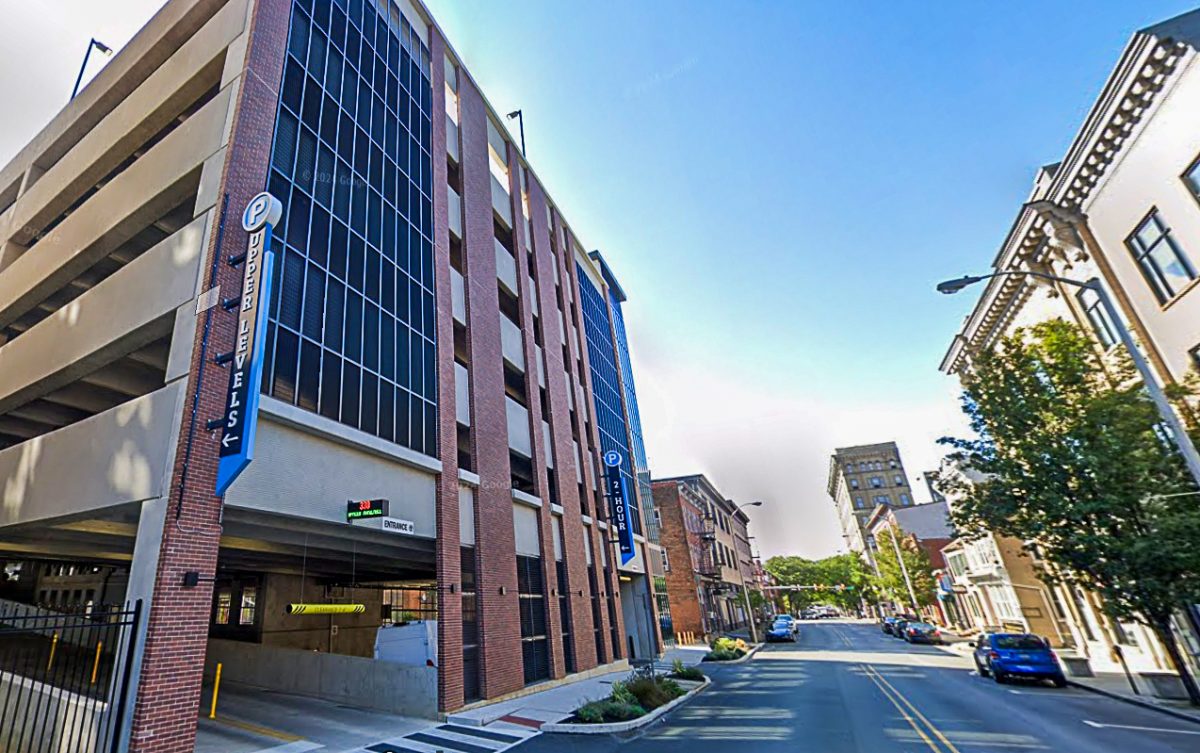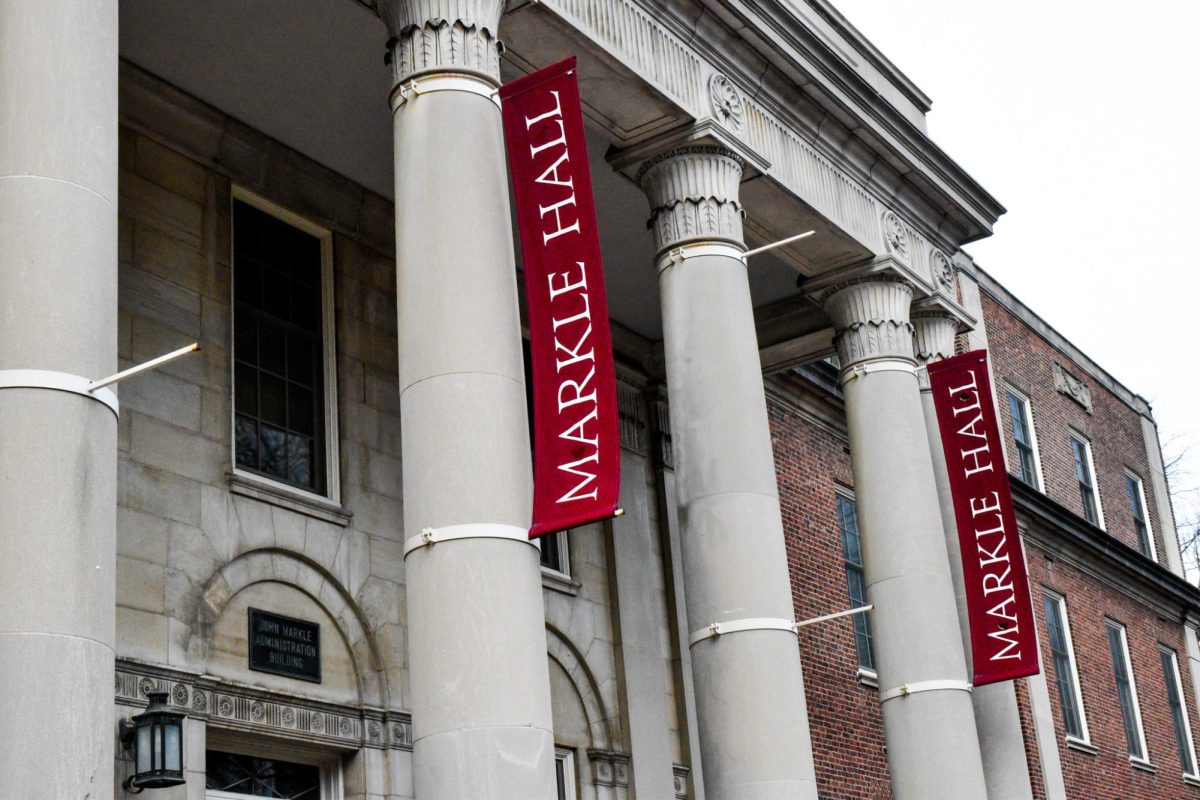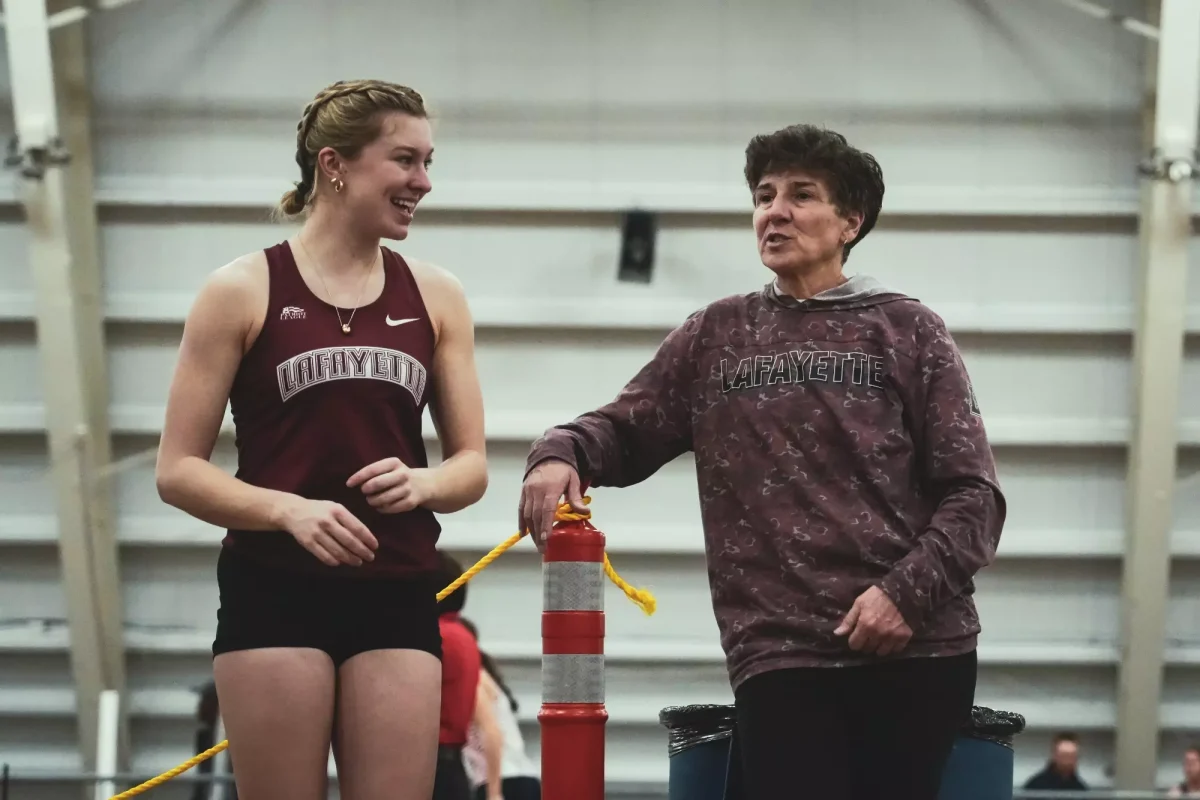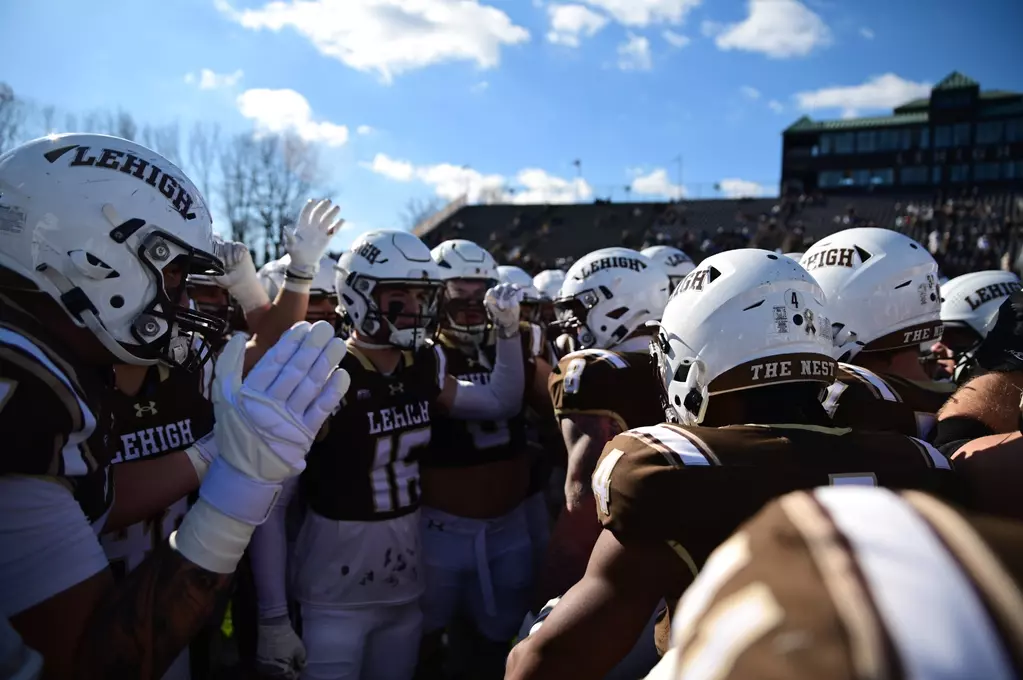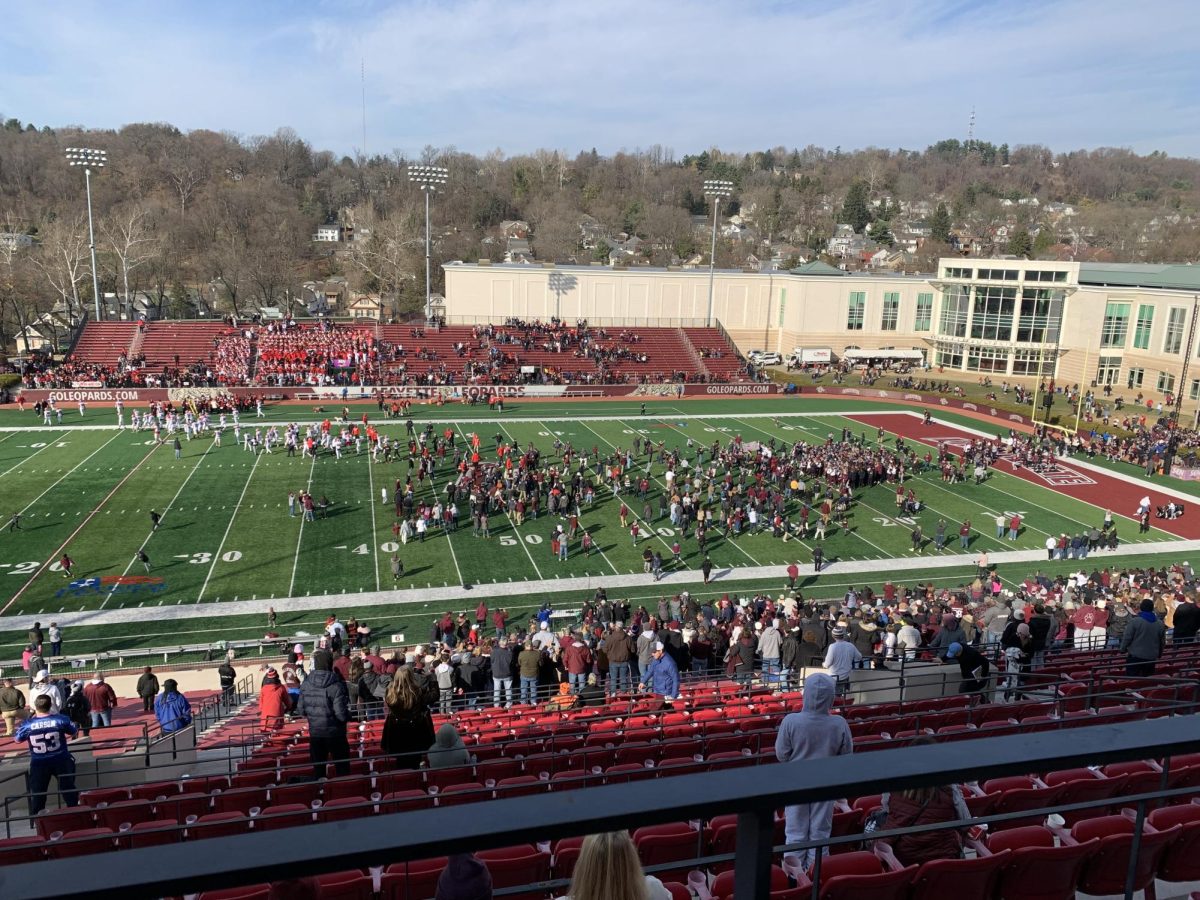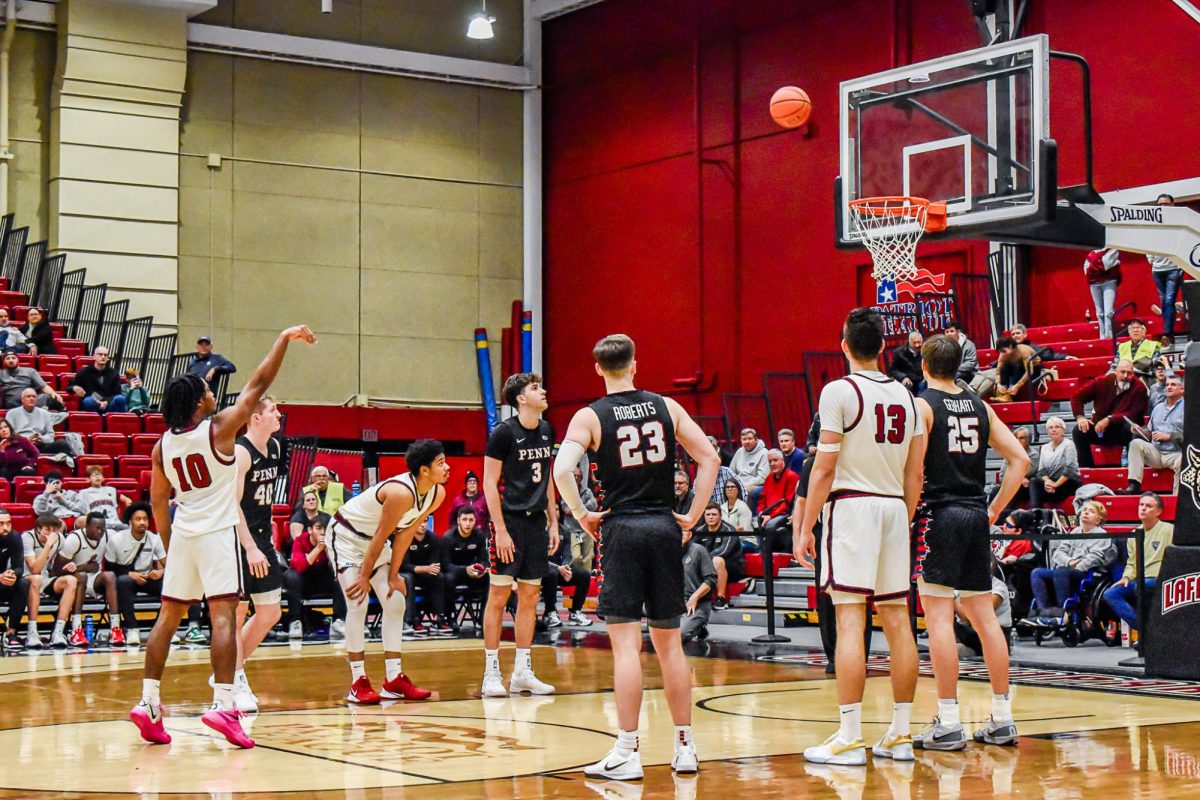Refugee Action (RefAct) will be sponsoring a refugee family for the second time in the past two years, who will be arriving this week. RefAct’s responsibilities will go well beyond the typical purview of a campus refuge organization as a result of massive budget cuts to resettlement programs under the Trump Administration.
RefAct has been working through a resettlement agency called Bethany Christian Services (BCS), which asked them to sponsor the new family.
The staff of BCS has been reduced from three to a single person, Marla Sell. Sell will be acting as the case manager, employment manager and director for the Allentown branch.
As a result, RefAct has taken on additional responsibilities not usually covered by similar organizations. According to Erik Laucks ’20, RefAct’s Government and Documentation, Medical and Logistics Chair, and Ayat Husseini ’20, President of Resettlement within RefAct, this situation is not that different from the last time they sponsored a family.
“Our resettlement agency is unfortunately incredibly underfunded, so…as the process went on [the first time we sponsored a family], [we] assumed a lot of the responsibilities that a case manager would normally assume because our case manager was doing almost two dozen other cases at the same time,” Laucks explained
“We’ve almost gone in under the assumption that we are sort of acting case managers, not in the legal sense, but in terms of what we do in the process, what we maintain and facilitate,” Husseini said.
Under normal circumstances, sponsoring groups are responsible for the “less complicated” aspects of the settlement process, including transportation, ESL tutoring and homework help. RefAct will be taking on many of the duties normally reserved for the case manager, such as helping the family find housing, fill out the necessary government paperwork and search for jobs.
“Every time I talk to other [resettlement] groups, I tell them, ‘Well, we have a college that’s been cosponsoring,’ and everybody thinks that it’s such an innovative way to do resettlement,” said Sell. “I always tell people how fortunate we are to have that kind of support.”
The goal of the resettlement process, according to Laucks, is to “foster self-sufficiency as quickly as possible.” As a result, RefAct members spend a lot of time doing paperwork with the family when they arrive so that they are able to do it on their own in the future.
“It shifts more to direct interaction, especially during the first couple weeks, couple months that they’re here,” said Laucks. “It’s about them, the process is about them.”
RefAct was formed in the spring of 2017, when a group of students got together to raise money for BCS in response to President Trump’s now infamous “Muslim ban.” After tabling in Farinon for several months, the group of students decided to sponsor the resettlement of a family.
Prior to becoming an official campus organization, the students proposed to the college that Lafayette offer space to host refugee families in the Lehigh Valley. They also met with Professor Diya Abdo of Every Campus a Refuge, which was started at Guilford College in North Carolina. In the fall of 2017, RefAct began sponsoring their first refugee family.
Since then, RefAct has undergone significant restructuring in their organization. The goal of this restructuring was in part to alleviate some of the difficulties the group faced during the first resettlement, but also to maintain the longevity of the group after the current members graduate.
“Last academic year…we had the traditional club structure of President, Vice President, Treasurer, and Secretary,” said Laucks. “That was working for us fine because we were just doing events and outreach, but then the family came. We quickly realized that that structure does not work for our organization.”
“Every part of the resettlement process is broken up into a chair, and similarly different parts of events and outreach are broken up into different chairs,” explained Husseini.
“I think they’ve structured themselves very well to be able to continue even after Erik and Ayat move on,” Sell said.
Laucks has also been compiling a database of information pertinent to the resettlement process with the aim of making the process even easier for themselves and for future RefAct members after the current class has graduated. He noted that the long-term goal of the documentation is to be shared with other schools to aid in their own sponsoring efforts.
“We don’t want this to leave with us,” Laucks said.
Despite the immensity of the commitment and the bureaucracy of the process, Laucks said he is most struck by the “persistent and ubiquitous humanity” of resettlement.
“Just thinking about just hanging out with the family, just chilling, you can’t write a report about that,” he said.
“We’re people, they’re people and we’re trying to do the best that we can to get them to where they want to be,” he added.
According to Chaplain Alex Hendrickson, the group’s de facto advisor, RefAct has the potential to impact campus culture as a whole.
“I feel RefAct is one of the most powerful organizations to be formed by Lafayette students in recent years,” she wrote in an email. “They embody Lafayette’s commitment to a learning process that is fully integrated with the institution’s values of diversity and inclusion.”
“I hope their example encourages others to engage in acts of service,” she added.
“We need more of this,” said Husseini. “Whether its based around refugees or not, we need more community building around important ideas that are helping people.”

